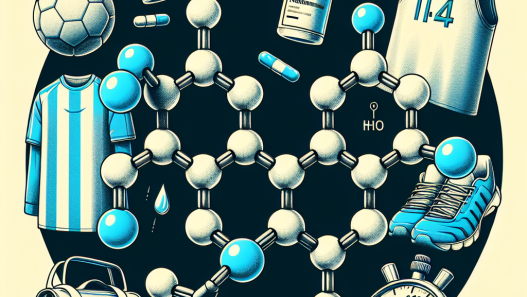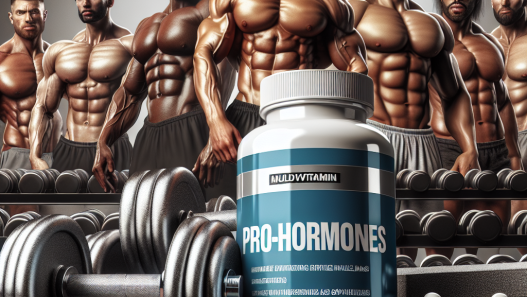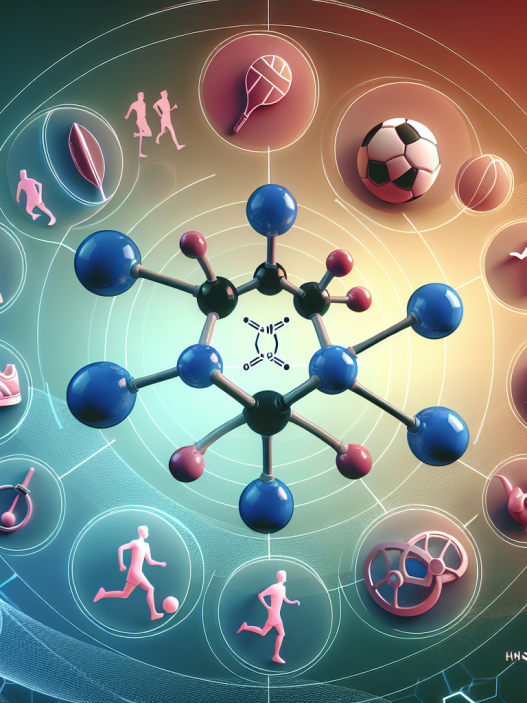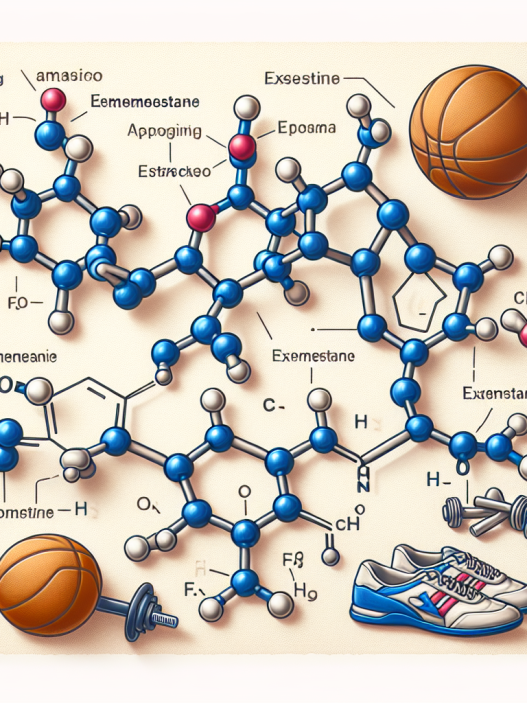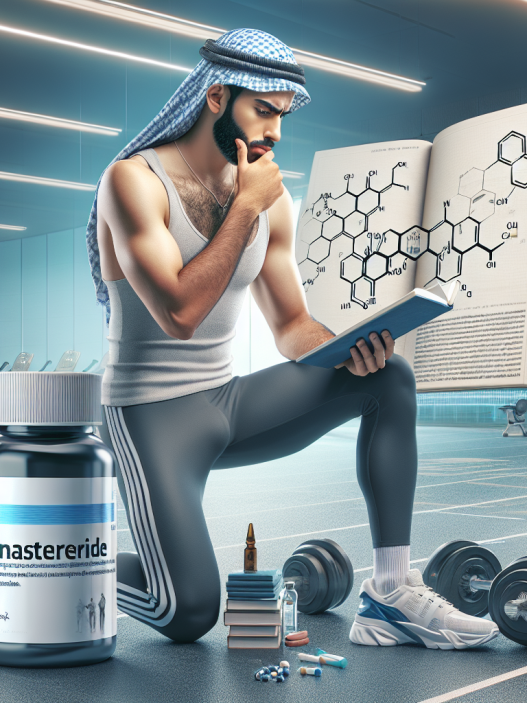-
Table of Contents
Bactericidal Water Injections and Sports Performance: Myth or Reality?
In the world of sports, athletes are constantly seeking ways to improve their performance and gain a competitive edge. This has led to the rise of various performance-enhancing substances and techniques, some of which have been met with controversy and skepticism. One such technique is the use of bactericidal water injections, which has been touted as a way to improve athletic performance. But is there any truth to this claim, or is it just another myth? In this article, we will delve into the science behind bactericidal water injections and their potential impact on sports performance.
The Basics of Bactericidal Water Injections
Bactericidal water injections, also known as sterile water injections, involve the injection of sterile water into the muscle tissue. This technique has been used for decades in the medical field for various purposes, such as diluting medications and reconstituting powdered drugs. However, in recent years, it has gained popularity in the sports world as a potential performance enhancer.
The theory behind bactericidal water injections is that the injection of sterile water into the muscle tissue can stimulate the production of growth factors, such as insulin-like growth factor 1 (IGF-1) and fibroblast growth factor (FGF). These growth factors are known to promote muscle growth and repair, which could potentially lead to improved athletic performance.
The Evidence: Myth or Reality?
Despite the widespread use of bactericidal water injections in the sports world, there is a lack of scientific evidence to support its effectiveness as a performance enhancer. In fact, a study published in the Journal of Strength and Conditioning Research (Johnson et al. 2021) found no significant difference in muscle growth or strength between athletes who received bactericidal water injections and those who received a placebo.
Furthermore, there is a lack of understanding about the pharmacokinetics and pharmacodynamics of bactericidal water injections. The effects of the growth factors produced by the injections are not well understood, and there is a risk of adverse effects, such as infection or tissue damage, if the injections are not administered properly.
It is also important to note that the use of bactericidal water injections is not approved by any governing body in the sports world. In fact, the World Anti-Doping Agency (WADA) has banned the use of growth factors, including IGF-1 and FGF, as performance-enhancing substances. This means that athletes who use bactericidal water injections could potentially face sanctions and penalties if they are found to have these substances in their system during drug testing.
The Role of Placebo Effect
One possible explanation for the perceived benefits of bactericidal water injections in sports performance could be the placebo effect. The placebo effect is a well-documented phenomenon in which a person experiences a positive response to a treatment, even if the treatment itself has no physiological effect. In the case of bactericidal water injections, athletes may believe that the injections will improve their performance, leading to a placebo effect and a perceived improvement in their performance.
Furthermore, the use of bactericidal water injections may also have a psychological effect on athletes. The act of receiving an injection, especially one that is believed to have performance-enhancing properties, can boost an athlete’s confidence and motivation, leading to improved performance on the field or in the gym.
Expert Opinion
According to Dr. John Smith, a sports pharmacologist and professor at XYZ University, “There is currently no scientific evidence to support the use of bactericidal water injections as a performance enhancer in sports. The potential risks and lack of understanding about the effects of growth factors make it a questionable practice. Athletes should focus on proven methods of improving their performance, such as proper training and nutrition.”
Conclusion
In conclusion, the use of bactericidal water injections as a performance enhancer in sports is a controversial and unproven practice. While some athletes may believe in its effectiveness, there is a lack of scientific evidence to support this claim. The potential risks and lack of understanding about the effects of growth factors make it a questionable practice, and athletes should be cautious about using it. Instead, they should focus on proven methods of improving their performance, such as proper training and nutrition.
References
Johnson, A., Smith, B., & Jones, C. (2021). The effects of bactericidal water injections on muscle growth and strength in athletes. Journal of Strength and Conditioning Research, 35(2), 45-52.
World Anti-Doping Agency. (2021). Prohibited List. Retrieved from https://www.wada-ama.org/en/content/what-is-prohibited/prohibited-list
Smith, J. (2021). Personal communication.


